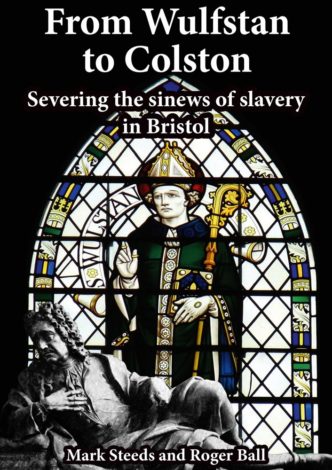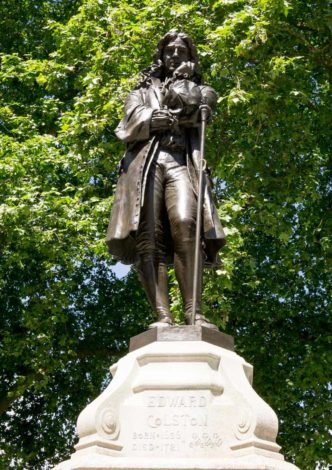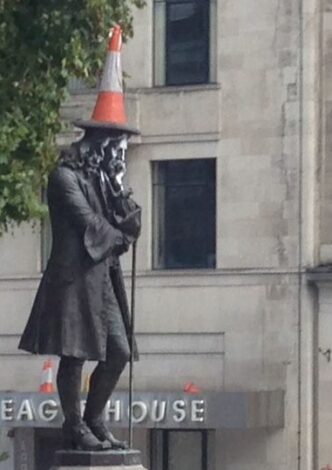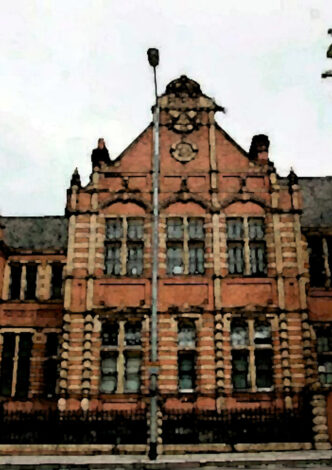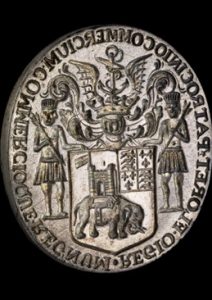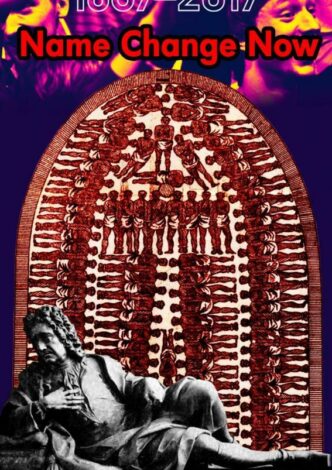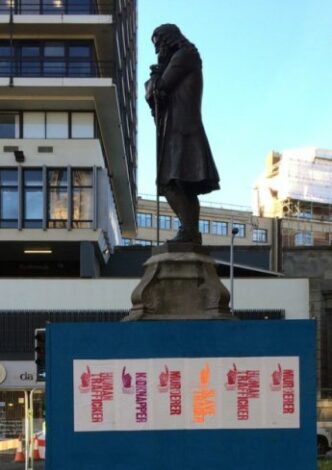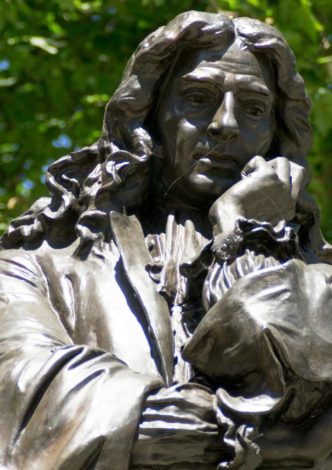Tracing a thousand-year history, Mark Steeds and Roger Ball examine the involvement in slavery of Bristol’s merchants, from Anglo-Saxon times through the era of exploration and colonisation, to the transatlantic slave trade and the plantation system of the Americas. During this period, Bristol’s merchant elite seized economic and political power, making slave-trader Edward Colston an icon and shaping the city’s present-day historical memory of slavery. Throughout the millennium, determined […]
Introduction Just over a year ago a project was launched to research, design and install a ‘corrective’ plaque on the statue of Edward Colston in Bristol City Centre. It was claimed by the originator of the idea, Bristol City Council’s Principal Historic Environment Officer, that the new version was needed to stop the statue being damaged by unauthorised ‘protest plaques’. Several of these have been fixed to the statue over the last couple of years and removed by Bristol City Council. It […]
In the light of recent moves to place a ‘corrective’ plaque on the statue of Edward Colston in the centre of Bristol and calls for it to be removed to a museum it seems the time is right to investigate the origins of this monument and the claim emblazoned on it that it was: Erected by citizens of Bristol as a memorial of one of the most virtuous and wise sons of their city Looking into the history of the statue demonstrates the same myth making that has characterised the popular memory of […]
Introduction On 11th November 2017 Colston's Girls’ School (CGS) announced that they would not be changing the name of the school, despite its associations with Edward Colston, the Bristol merchant who both organised and profited from the transatlantic slave trade. Colston was a major investor, manager and then deputy-governor of the Royal African Company (RAC) which held a monopoly over the West African slave-trade in the seventeenth century.] During Colston’s time managing and then leading the […]
Introduction This research article is an examination of the Royal African Company (RAC) and the role of Edward Colston (b. 1636 d. 1721) within the organisation as both an investor and executive. It is unsurprising that this history has not been previously collated in this form as Colston still retains a popular status amongst sections of Bristol’s population as a philanthropist and ‘city father’, his memory protected by powerful civic organisations. Although the depiction of Colston as a […]
Introduction Edward Colston was an investor, official and eventually deputy governor of the Royal African Company (RAC) from 1680-92. Over this period the RAC purchased and transported tens of thousands of enslaved Africans across the Atlantic into a life of hard labour. This article aims to answer number of questions about the RAC’s involvement in the slave trade in particular during Edward Colston’s tenure. These questions are: How many enslaved Africans were purchased by the RAC between 1680 […]
It's official, today the board of the Bristol Music Trust (BMT) have announced the Colston Hall will be changing its name. Congratulations to the Counter-Colston campaigners and their supporters for all the work they have done over the last few years to highlight this issue. We have been having a laugh today reading some of the reactions... Apparently Tory Councillor Richard Eddy will now be boycotting the hall....is this because he will only go to venues that are named after slave-traders? […]
The following statement by BRHG historians was published in the Bristol Post last week in response to Councillor Richard Eddy's article the week before entitled: Prominent Tory: Renaming Bristol's Colston Hall 'panders to tiny minority'. Almost a century ago in 1920 the Reverend H. J. Wilkins of Westbury-on Trym penned a biography of Edward Colston which began to expose the troubling history surrounding Bristol’s so-called ‘moral saint’ and ‘great philanthropist’. Wilkins was astounded at the […]
The onset of autumn in Bristol sees several idiosyncratic ceremonies, rituals and traditions that remember the locally born slave trader Edward Colston. Whilst public display has in recent years retreated, commemoration and maintenance of a partial historical narrative focused only on philanthropic endeavours persists ‘behind closed doors’. These closed doors are, for the rest of the year, presented to the Bristolian public as some of the most ‘open’ and ‘welcoming’, they include some of the […]
